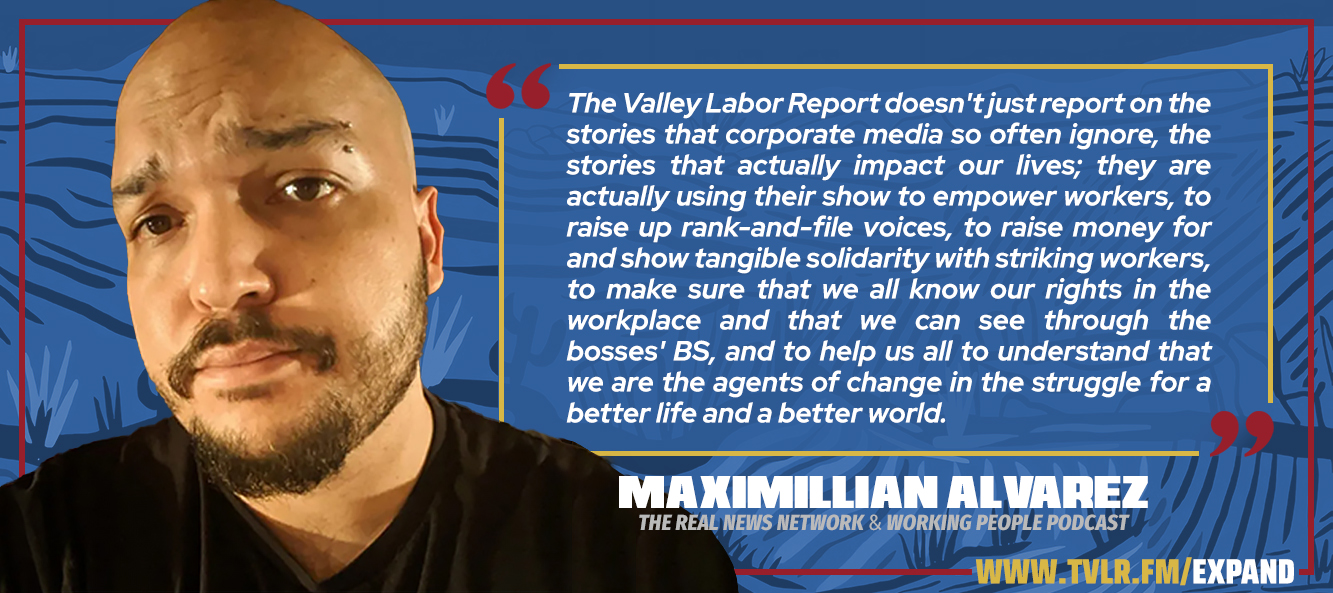uch like the labor movement itself, the “labor beat” in this country is nowhere near what it used to be in decades past, when most newspapers had designated labor sections and/or full-time reporters covering labor issues. It has been genuinely encouraging to see in recent years this minor explosion in quality labor reporting, and in people’s increasing hunger for it—not just in small and independent outlets, but in the mainstream as well. But the sad reality is that the vast majority of that quality reporting is currently being done by freelance, volunteer, or, at best, part-time reporters, many of whom have to find their own ways to financially support the critical work they do (because the outlets that publish their work—and, sadly, many of those who consume it—will either pay very little for it or won’t pay anything at all).
That is why, as is always the case for the labor movement, we must exercise our collective strength and show mutual support in order to bring about the changes we want to see in the world, in our workplaces, and in our communities. If we want to see more of the thoughtful, empathetic, critical, principled reporting that we and our fellow workers deserve, we have to be the ones to invest in it. If we want more reporting on the stories and voices that matter by folks who care about working people and who actually know what the hell they’re talking about—instead of out-of-touch corporate media pundits or clout-chasing grifters with their own agendas spewing nonsense on the radio or online—then we have it within our power to make that happen.
And you can help make that happen by supporting The Valley Labor Report. We need this show. Working people, not just in the South but around the country and beyond, need this show. And we need to support it. Because The Valley Labor Report doesn’t just report on the stories that corporate media so often ignore, the stories that actually impact our lives; they are actually using their show to empower workers, to raise up rank-and-file voices, to raise money for and show tangible solidarity with striking workers, to make sure that we all know our rights in the workplace and that we can see through the bosses’ BS, and to help us all to understand that we are the agents of change in the struggle for a better life and a better world.
